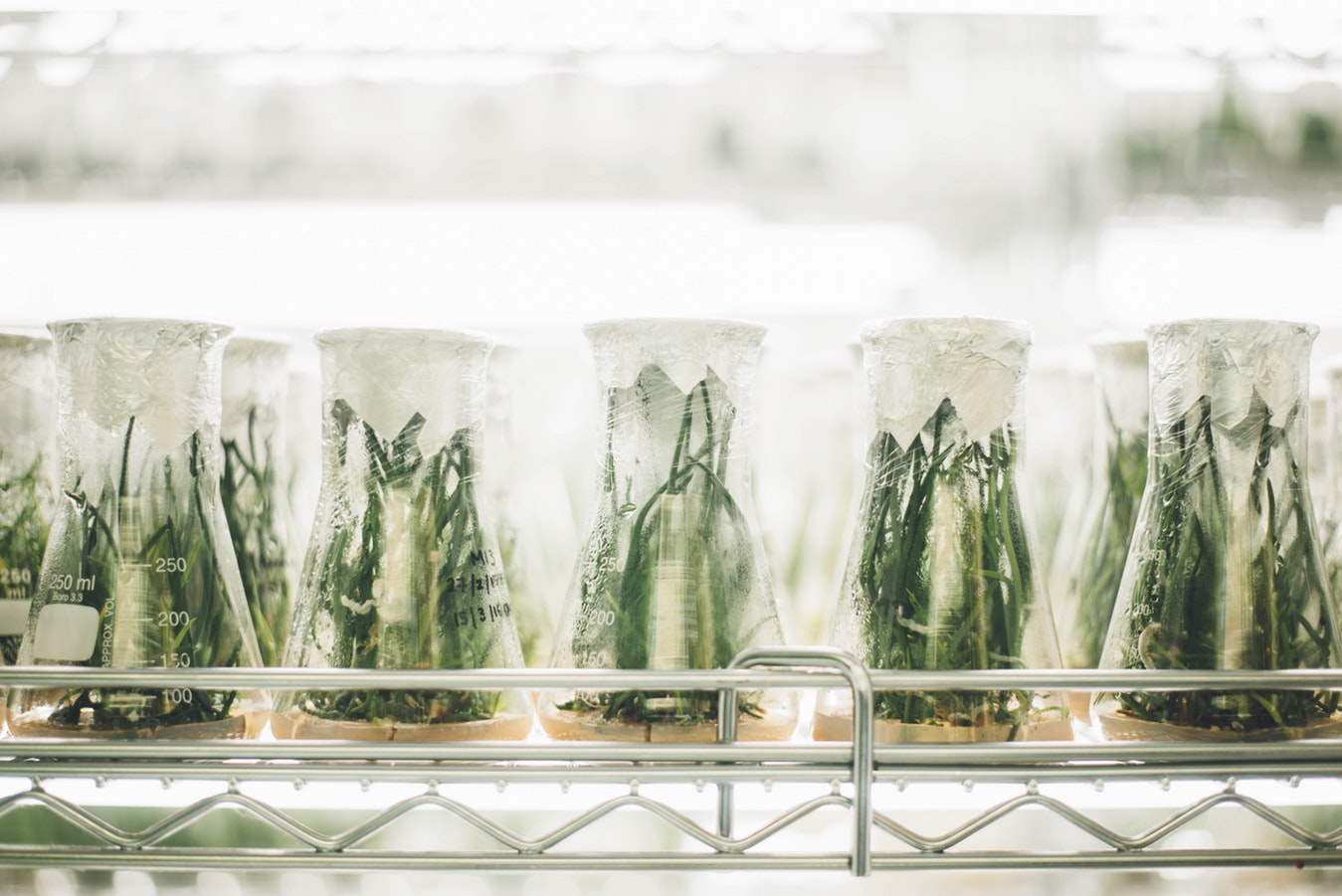CBD is Changing The Game

CBD (cannabinoid) is a natural, safe, and effective. Its affect includes reducing inflammation, pain and seizures. There is evidence that it may inhibit cancer growth. It certainly helps with nausea and other side-effects of chemotherapy including loss of appetite. In my practice I have seen it work on insomnia caused by recalcitrant pain. I’ve had patients stop opiates and other damaging pain medications after decades of use.
What are the benefits of CBD?
In clinical studies there is evidence that CBD is effective in five areas.
1. The most established benefit on relieving pain and inflammation. It does this without the serious side effects of opiate drugs and NSAIDS.
2. Studies have also shown effectiveness with PTSD especially on veterans experiencing social anxiety. Its important to note that in a percent of the population it can also increase anxiety.
3. It has successfully treated drug-resistant children who have epilepsy with non of the side-effects of traditional seizure medications. Anti-seizure meds come with the worst side-effects of any drugs.
4. It works against viruses, fungi, and bacteria as an anti-microbial. Some studies suggest that it may even be effective against superbugs like MRSA and other anti-biotic resistant infections.
5. It is anticarcinogenic. Several studies demonstrate that CBD is antiproliferative and proapoptotic. More research is needed. It may inhibit cancer cell migration and invasion.
How does it work?
All mammals have receptors for CBD. This is called the endocannabinoid system. It regulates a variety of functions including mood, appetite, sleep, hormone production, and immune system response. For patients with autoimmunity causing pain I’ve seen excellent clinical results. This may be because of the link between the gut and autoimmune conditions.
Interestingly the gut, which is part of the nervous system, has many endocannabinoid receptors. This is why CBD can be a game changer for people with IBS, IBD, and other GI issues like nausea. This may be part of why it is such an effective remedies for insomnia.
How do I take it?
CBD is available in several different forms and ratios. THC is needed to activate CBD. One percent can be enough. The psychoactive component does not appeal to most patients I talk to (if not all). It is available as capsules, liquid extracts, sprays, vapours and topical salves or creams. CBD taken internally is best for reducing pain and insomnia, whereas a topical is best for treating skin conditions and relieving musculoskeletal pain.
Is it legal? What other challenges are there?
CBD is well tolerated. There are however a few potential contraindications. Like some other botanicals, CBD may interact adversely with pharmaceuticals. This is because it inhibits cytochrome P450. Discuss the drug interactions with your doctor.
It has the potential to increase anxiety. A major issue right now in Canada, is that it is difficult to get a reliable source with the proper ratios. Legalization will hopefully lead to more standardization in products. The right ratio is important depending on what is presenting. I’ve had some patients respond very well 4:1 whereas others report uncomfortable psychoactive properties. This may be due to product inconsistency or individual response. For neurological conditions, 20:1 is best.
We always start with a low dose and build up slowly. In the US patients can purchase these products from reputable labs and companies so they know what they are getting. It is legal in the US without a prescription. Within the next few years I expect to see reliable sources.
Related Posts
 Brain Changes in Perimenopause
Brain Changes in Perimenopause
 Hormones Involved with Autism Spectrum Disorder
Hormones Involved with Autism Spectrum Disorder




